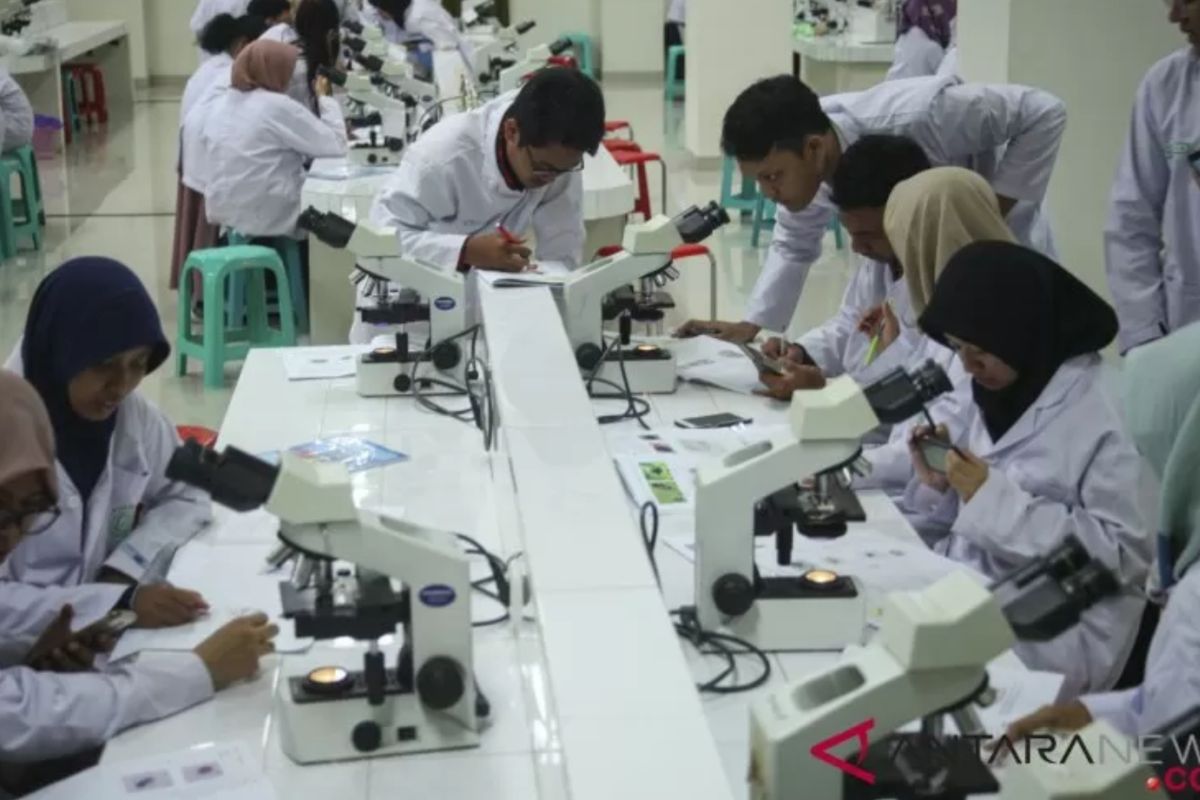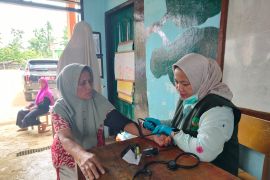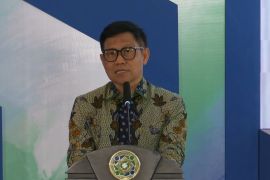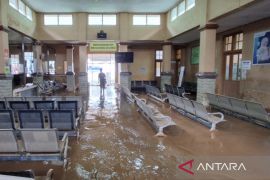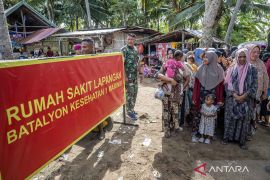"This is what we have to do, adding facilities for specialist doctor education, not adding the quota of specialist doctor," Director General of Medical Personnel at the Health Ministry Arianti Anaya remarked here on Thursday.
According to Anaya, hospital-based medical education is the newest concept in Indonesia that is initiated by the government to address the shortage of specialist doctors.
Such concept can also be emulated in hospitals by involving the collegium of each medical branch, she affirmed.
Anaya stated that currently, majors in 21 medical specialties can be pursued in Indonesia. A total of 51,949 doctors completed those majors.
According to the World Health Organization, the ratio of required specialist doctors to a population of one thousand individuals is 0.28:1,000, she said. Anaya highlighted that based on this ratio, Indonesia still needs some 30 thousand more specialist doctors.
"If we map it, we can see that the area where the number of specialist doctors is almost complete is only in Java region, whereas their numbers are lacking in other regions," she noted.
Anaya detailed that on a provincial scale, 40 percent of the regional hospitals had yet to employ basic specialist doctors, such as obstetricians and gynecologists, pediatricians, anesthetic specialists, surgeons, radiologists, and clinical pathologists.
The concept of hospital-based medical education can be facilitated through collaboration among hospital managements, collegiums, and varsities, she highlighted.
"The graduates will fill in the empty positions of specialist doctors in the region. Hence, when the doctors are recruited by the Health Ministry, there will be an agreement between the government and specialist doctor," she concluded.
Related news: Push to add medics must include doctor distribution plan: IDI
Related news: Govt aims to add 5,000 specialist doctors through scholarship programs
Translator: Andi Firdaus, Mecca Yumna
Editor: Rahmad Nasution
Copyright © ANTARA 2023
